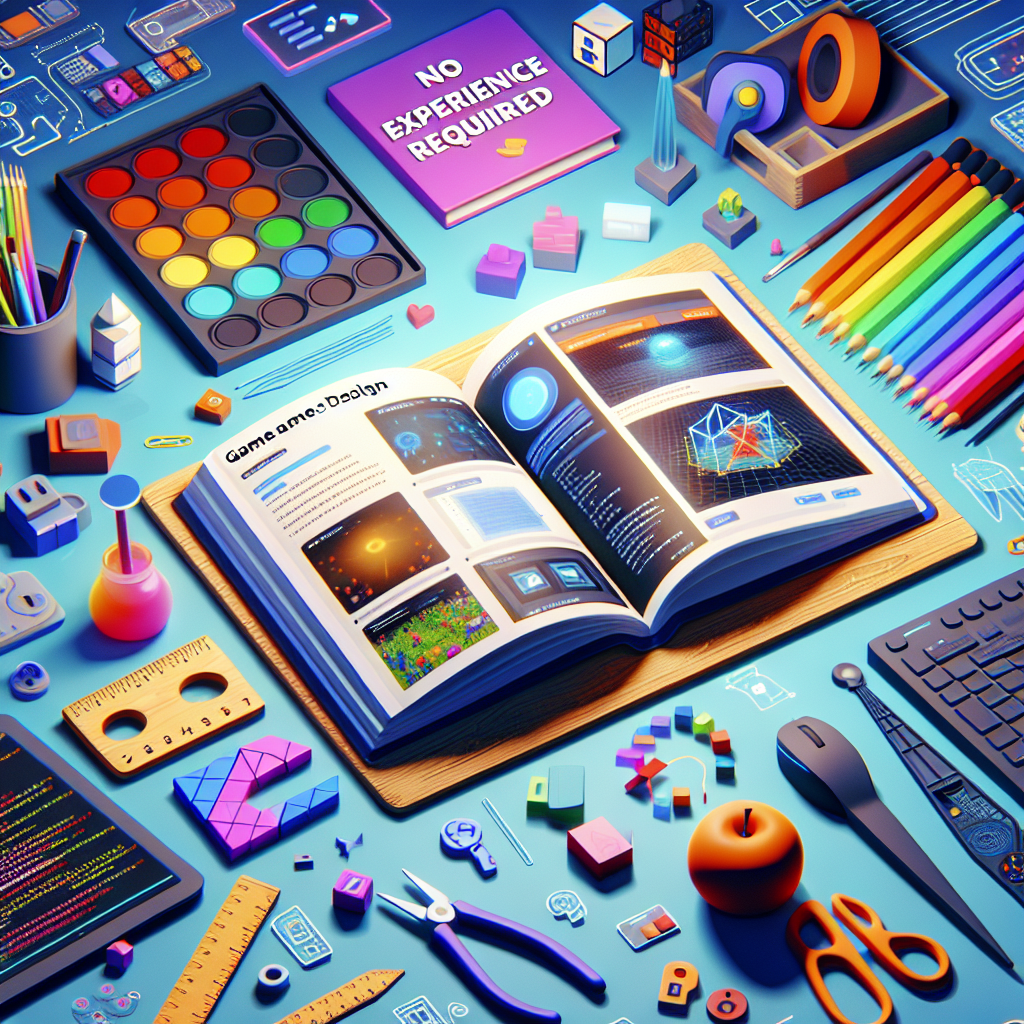No Experience Required: Game Design Tools That Welcome Beginners
The game development industry has exploded over the past few decades, as technology has made it easier than ever for individuals to bring their creative visions to life. From solo hobbyists to aspiring developers, the barrier to entry has significantly lowered, and now more than ever, people with little or no experience can dive into game design. This article explores several user-friendly game design tools that cater to beginners, empowering them to create engaging and immersive gaming experiences.
Why Game Design?
Game design is not just about coding or artistry; it’s about storytelling, problem-solving, and bringing people together. Creating a game can provide a fulfilling outlet for creativity and even open up career opportunities. Whether you’re interested in designing a casual mobile game or narratively rich indie titles, there’s a place for you in the world of game design.
Beginner-Friendly Game Design Tools
1. Twine
Twine is an open-source tool that helps you create interactive stories and text-based games without needing to learn programming. With its simple interface, users can create "passages" of text and link them together, allowing players to choose their adventure paths. Twine doesn’t just focus on game mechanics; it also encourages creativity in storytelling. With numerous themes and styles available, anyone can produce visually appealing narratives in no time.
2. GameMaker Studio 2
GameMaker Studio 2 is famous for its user-friendly drag-and-drop interface, making it ideal for beginners looking to create 2D games. Gamers can develop their skills over time with the integrated GameMaker Language (GML), which provides a more in-depth coding experience for those who want to elevate their projects. With a supportive community and extensive documentation, new users can quickly pick up the skills needed to design games efficiently.
3. Scratch
Developed by MIT, Scratch is an educational platform specifically built for teaching programming concepts to kids and beginners. Its visual block-based interface allows you to combine code blocks easily, making it simple to create animations, games, and interactive stories. Scratch encourages creativity through challenges and a supportive community where learners can share their projects and collaborate.
4. Construct 3
Construct 3 is another powerful no-code game development tool that empowers beginners to create 2D games. The drag-and-drop interface allows creators to visualize their game while managing game logic without any coding experience. With built-in tutorials and extensive documentation, Construct 3 offers a smooth learning curve for newcomers who want to explore game mechanics.
5. Unity with Visual Scripting
Unity is a well-known platform in the game development world, but it can be intimidating for beginners. However, with the introduction of Visual Scripting, Unity has become more accessible. This tool allows users to create game mechanics using a visual interface rather than traditional coding. It’s an excellent way for beginners to learn about game development concepts while still producing professional-quality games.
6. RPG Maker
For those interested in creating role-playing games (RPGs), RPG Maker is a user-friendly platform tailored for that genre. The software allows users to craft their worlds, characters, and storylines without extensive programming knowledge. With a vast library of assets and themes available, beginners can easily develop and share their own RPGs with the community.
7. Roblox Studio
Roblox offers an entry point into game development for younger audiences through Roblox Studio. This user-friendly platform allows players to create interactive games and experiences within the Roblox universe. Beginners can take advantage of built-in resources, tutorials, and community forums to learn the fundamentals of game design, scripting, and user interaction.
Embracing the Journey
The most important thing to remember is that game design is a learning process. While these tools provide a robust foundation, creativity, perseverance, and a willingness to learn are crucial for success. Online courses, tutorials, and game design communities can enhance your skills further, providing invaluable support as you embark on your game development journey.
As technology continues to evolve, the game design landscape provides ample opportunities for budding creators to express themselves. With the right tools and a spark of creativity, anyone can become a game designer, regardless of their experience level. So, grab your imagination, explore these beginner-friendly tools, and start crafting the next gaming sensation!




